Wounded Wombs: In Madhya Pradesh’s Dindori district, rural women allege Copper T contraceptive inserted in their bodies without consent
Across all seven blocks in Dindori, against the target of 3,000 women, 3,984 had Copper T inserted between April 2019 and March 2020 — an achievement rate of 132 %. Women allege they were not informed. State government officials dismiss such charges.

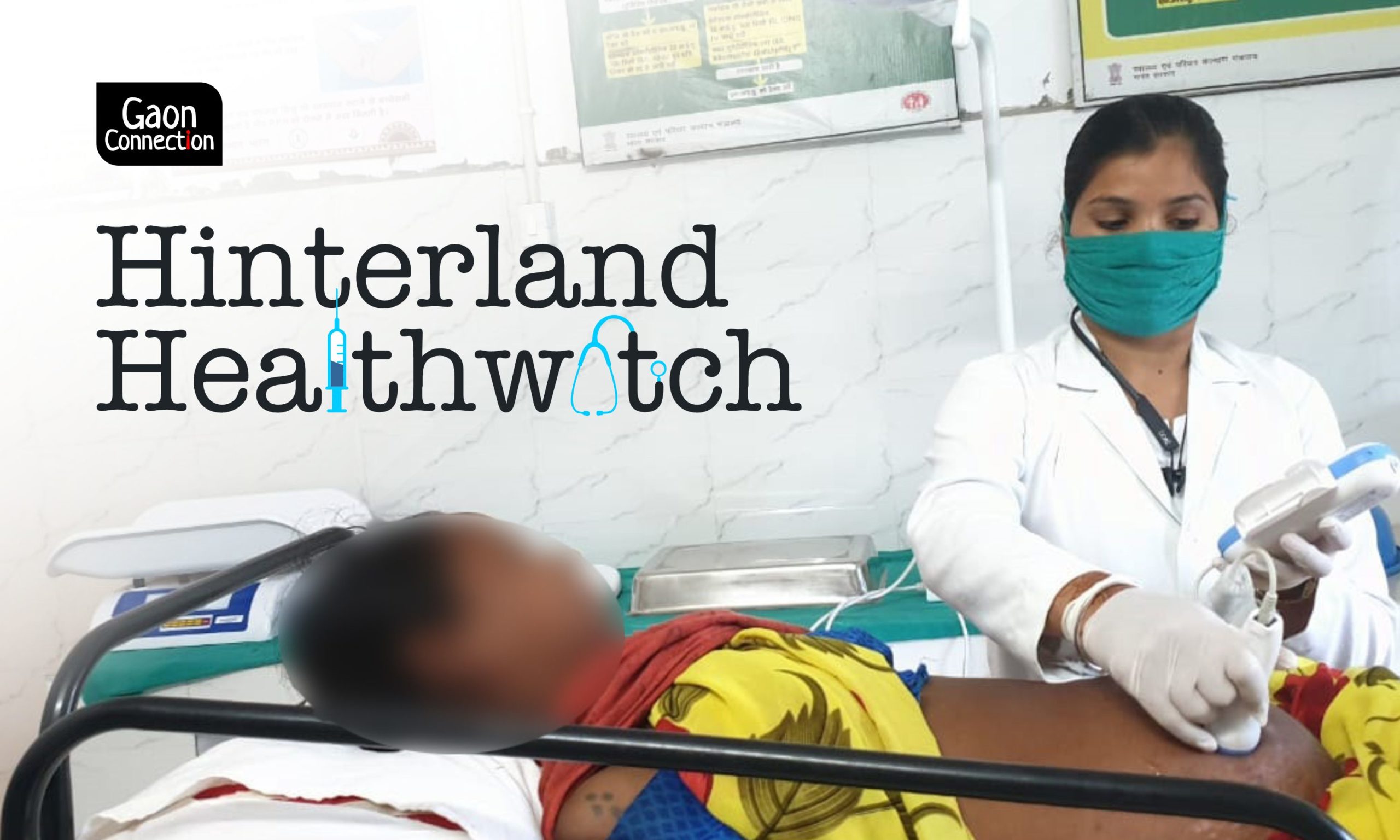
Image used for representation purpose. Photo: Unicef
After the birth of her second daughter in 2014, Rajkumari Parwar, 25, tried in vain to conceive again. Meanwhile, she suffered frequent pain and cramps. Five years later, in 2019, she went to the district hospital in Dindori, Madhya Pradesh, where she learnt the pain and cramps were due to an intrauterine contraceptive device (IUCD), commonly known as Copper T, that had moved from its place. It had possibly been inserted to prevent another pregnancy after her second delivery in Jabalpur, without her knowledge, she alleged.
“The pain was too much to bear, and I requested the health staff in Dindori to take it out,” Parwar, who lives in Jarasurang village in the tribal-dominated Dindori district, told Gaon Connection. Parwar gave birth to twin boys in August 2020, but they died.
According to Parwar, she has come across many cases where Copper T, a contraceptive for women, has been inserted without consent. Several women in Dindori told Gaon Connection they experienced pain, cramps and increased bleeding during menstruation due to its insertion. They claimed it was inserted after delivery when they were unconscious or barely conscious.
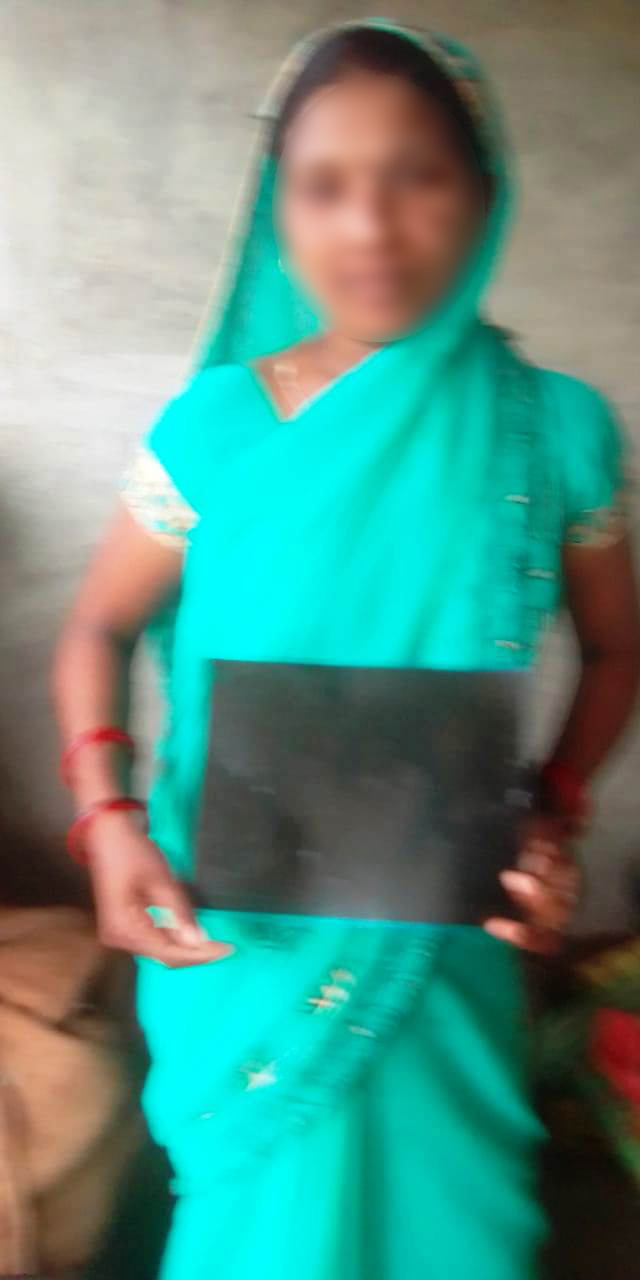
However, these allegations are dismissed by Chandrasekhar Dhurve, the medical officer of Samnapur block. “There is an issue regarding Copper T insertion due to low awareness level in the district,” he admitted to Gaon Connection, but added that consent is taken from women.
“When women face problems due to Copper T insertion, the health department staff helps them,” he said. “In rare cases, problems may arise in a few but all government guidelines are followed,” he added.
The Madhya Pradesh government has a target for family planning. Interestingly, across all seven blocks of Dindori, the target achievement rate for postpartum (post delivery) IUCD stood at 132.80 per cent, from April 2019 to March 2020. This means that against the target of 3,000 women, 3,984 had IUCDs inserted. Despite the COVID-19 pandemic, from April 2020 till January 2021, the achievement rate is 84 per cent. This, with three months still left for the current fiscal.
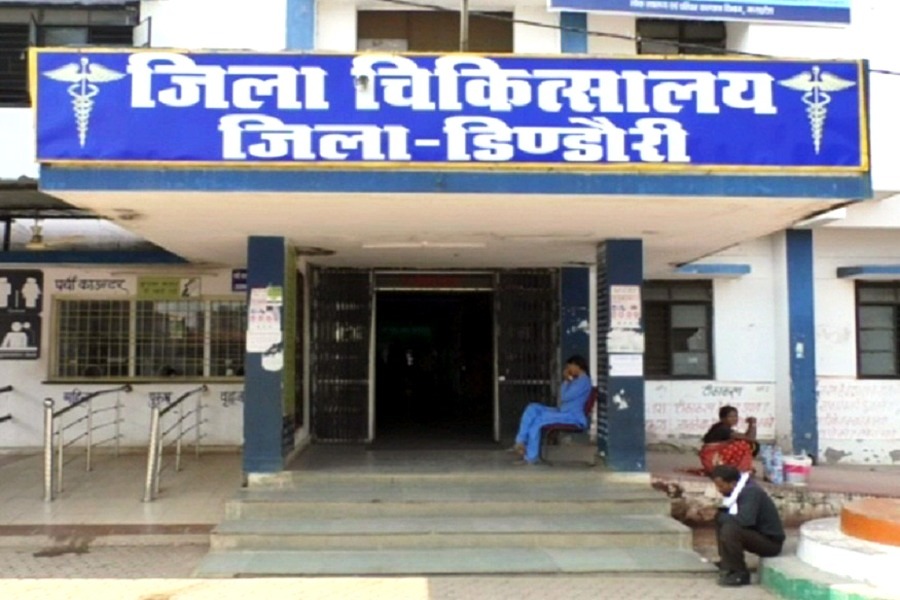
Chhavi Bhardwaj, mission director, National Health Mission, Madhya Pradesh, however, denied there was any target for intrauterine contraceptive device, no-scalpel vasectomy or tubal ligation.
“However, it is true that the female sterilisation rate is high in MP. We have been trying to push for male sterilisation as well, through counselling. This is a patriarchal society and it is not always possible to convince men. Sterilisation is a voluntary process,” Bhardwaj told Gaon Connection.
The tubal ligation target is also high in Dindori — fulfilment was 104 per cent from April 2019 to March 2020 as against 4.29 per cent for no scalpel vasectomy. Dhurve admitted the female sterilisation rate was always high.
Meanwhile, RK Mehra, chief medical and health officer of Dindori, said postpartum IUCD is offered only to those who consent and sign up for it.
Allegations of forceful insertions
Geeta Thakur of Bamhani village got married in 2009 and her first child, a boy, was born in May 2018. “The device must have been inserted right after birth. No family member was allowed in the labour room. I realised something was wrong after I saw a string hanging while urinating,” she told Gaon Connection.
Geeta’s friend Reena Armu took her to an ASHA (Accredited Social Health Activist) worker. ASHA worker Dhaneshwari Manikpuri in Bamhani told Gaon Connection that Copper T is inserted right after the baby is born by the staff nurse in attendance.
For 26-year-old Thakur, even standing straight became a problem and so she got her Copper T removed six months after it was inserted without consent, she claimed. “I will never get it put again,” she said.
Thakur works in paddy and wheat fields and also takes up work under MGNREGA to earn a living. “How will I work in constant pain? I also want a second child,” she told Gaon Connection.
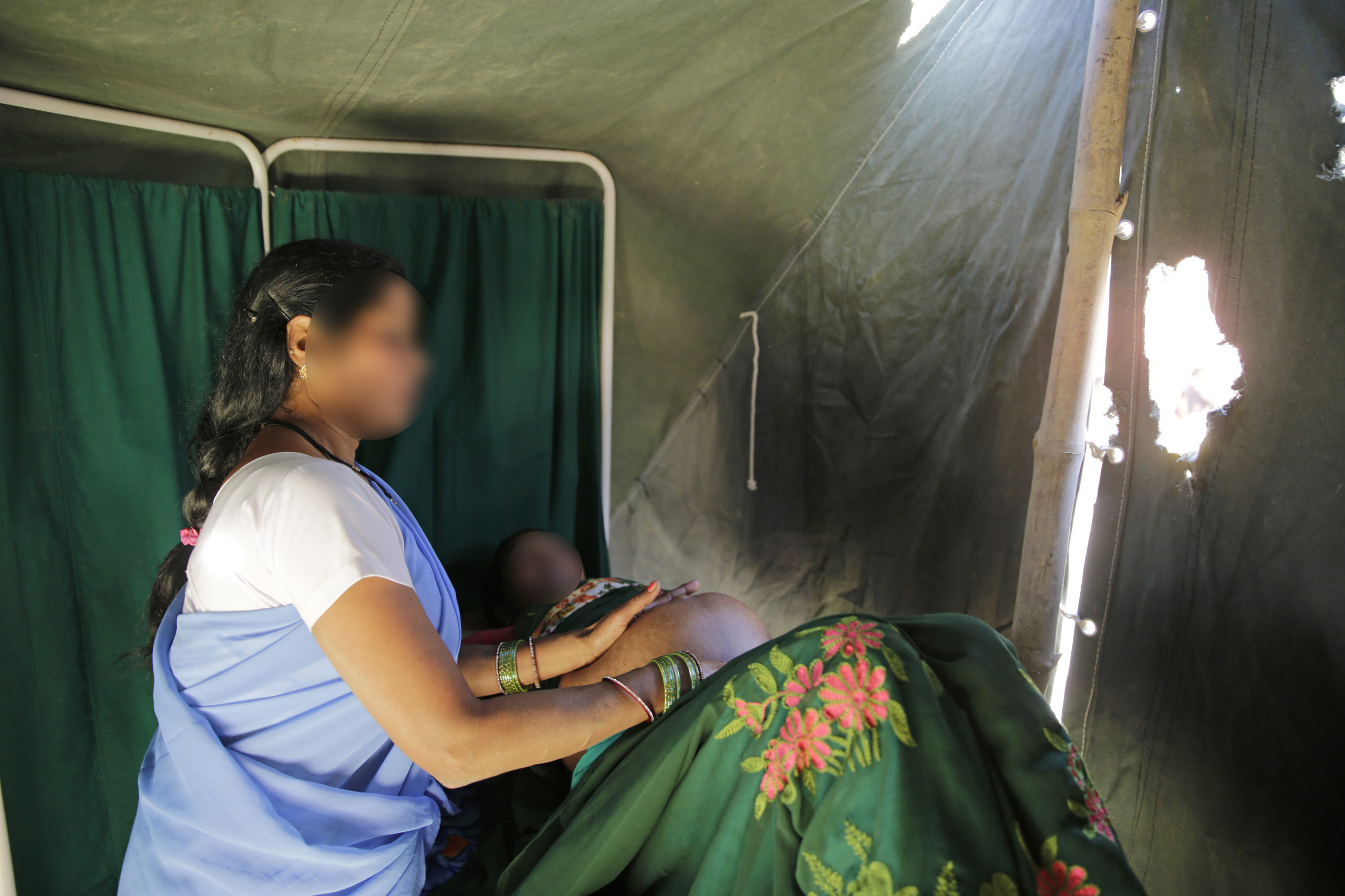
However, Sushma Namdeo, the labour room in-charge at the community health centre in Dindori’s Bajag block dismisses allegations of insertion of Copper T without consent. The women are counselled before insertion, and never coerced, she said. “Filling up a consent form before the insertion is mandatory,” she told Gaon Connection.
However, both Thakur and Parwar said they had not filled up any form. Thakur said she was neither informed about the insertion of Copper T nor did she sign anything. Her husband Omkar said they had “no prior information or knowledge regarding this”.
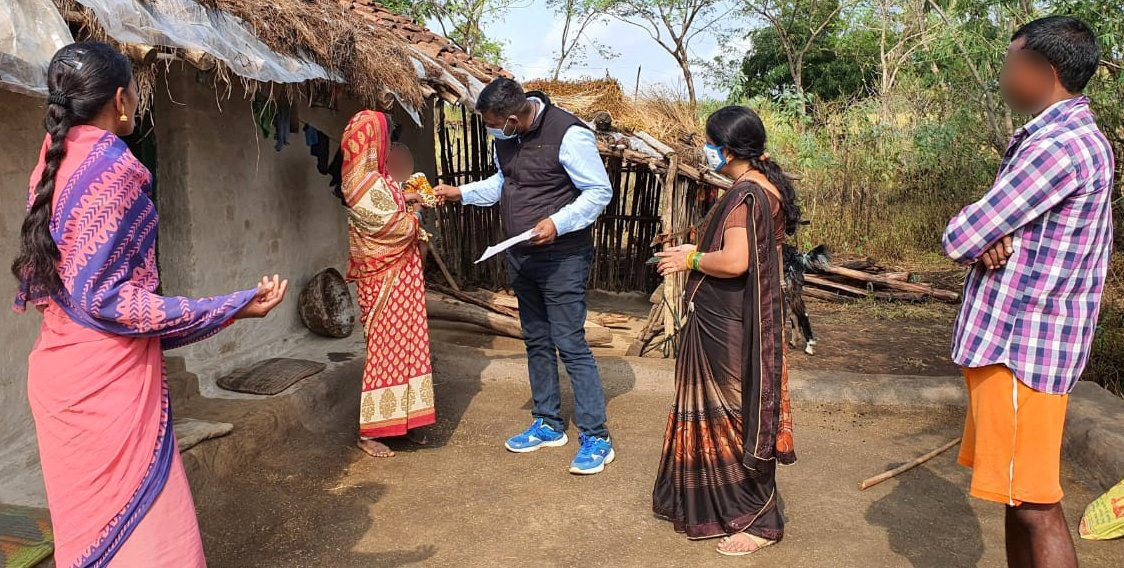
Pandora’s box
According to a few field-level workers advising women on health and nutrition in Dindori, the Copper T insertion issue came to light during 2017-2018 when regular meetings involving women’s Self Help Groups (SHG) started taking place in villages. Slowly, the women spoke up and realised they were not alone in their pain.
Godaravi Maravi, Bhubaneshwari Maravi and Dropati Paraste are part of the 6,500-member-strong Rani Durgawati Tejaswani Mahila Sangh, an umbrella organisation of women’s SHGs based in Samnapur block of Dindori. Parwar also went to the doctor following the advice of Sangh members.
Maravi, former sangh president, said the Copper T issue was often spoken about in their meetings in 2018 and 2019. “Many women who are not literate do not understand the issue. But, we have told them why consent is important,” she told Gaon Connection. In 2018, a few members of the Sangh had raised the matter both verbally and in writing, with Dhurve.
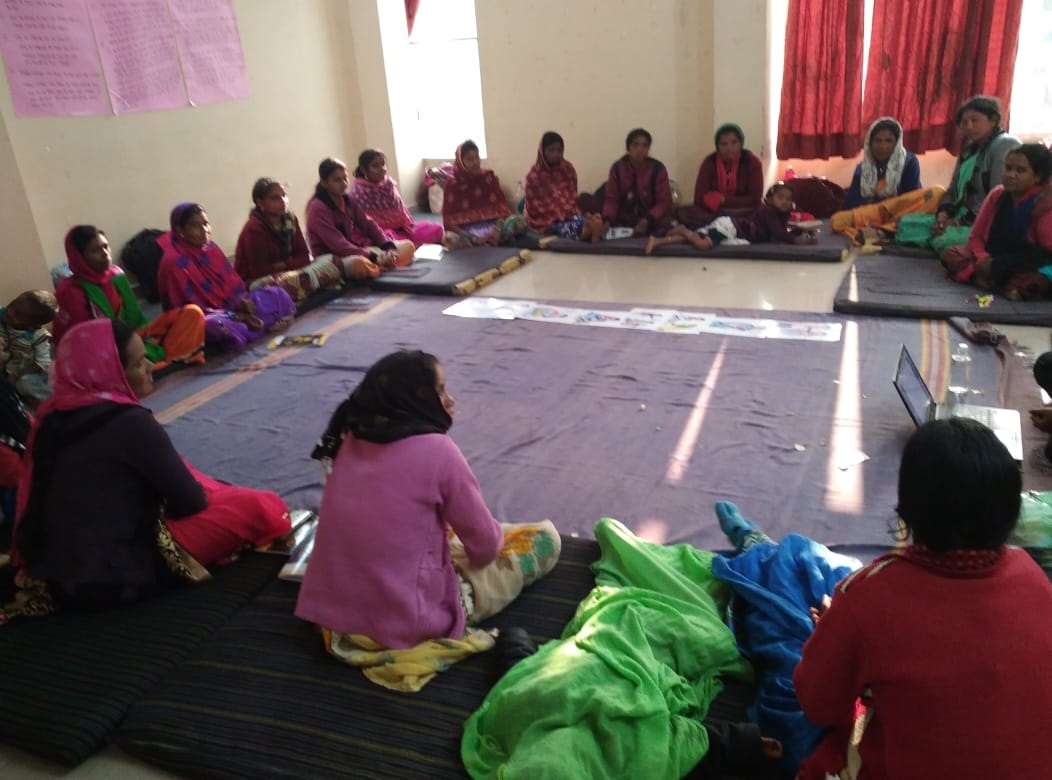
Manorama Pratap Sonwani, a staff nurse at the district civil hospital, Dindori, told Gaon Connection said Copper T is inserted as a family planning measure and is popular across the state, due to incentives. It is common to experience pain for one-and-half months after insertion, but many women confuse it with postpartum pain, she added.
Are incentives driving Copper T insertion?
Care providers or those who insert the Copper T get Rs 150 a case and every woman who gets it inserted is paid Rs 300. Besides this, the ASHA worker also gets Rs 150 for motivating women. “A birth companion is present during delivery and so nothing is done secretly as some women allege,” Sonwani said.
Chhoti, 32, from Barga village in Dindori, also did not know she had an intrauterine contraceptive device inserted, till she went to the hospital following discomfort and pain. “I confided in another woman during an SHG meeting. A nurse removed it at the community health centre,” she told Gaon Connection.
Vikram Singh Thakur, district programme manager, health, said that across the 45 delivery points in Dindori, apart from childbirth, tips on family planning are also given. Out of these, IUCD insertion is carried out in nine places. These include primary as well as community health centres and district hospitals.
“Most devices work for five to ten years. We strictly monitor the IUCD and if complications arise, we remove it as well. There are oral contraceptive pills too, and the woman chooses what method she wants,” Thakur told Gaon Connection.
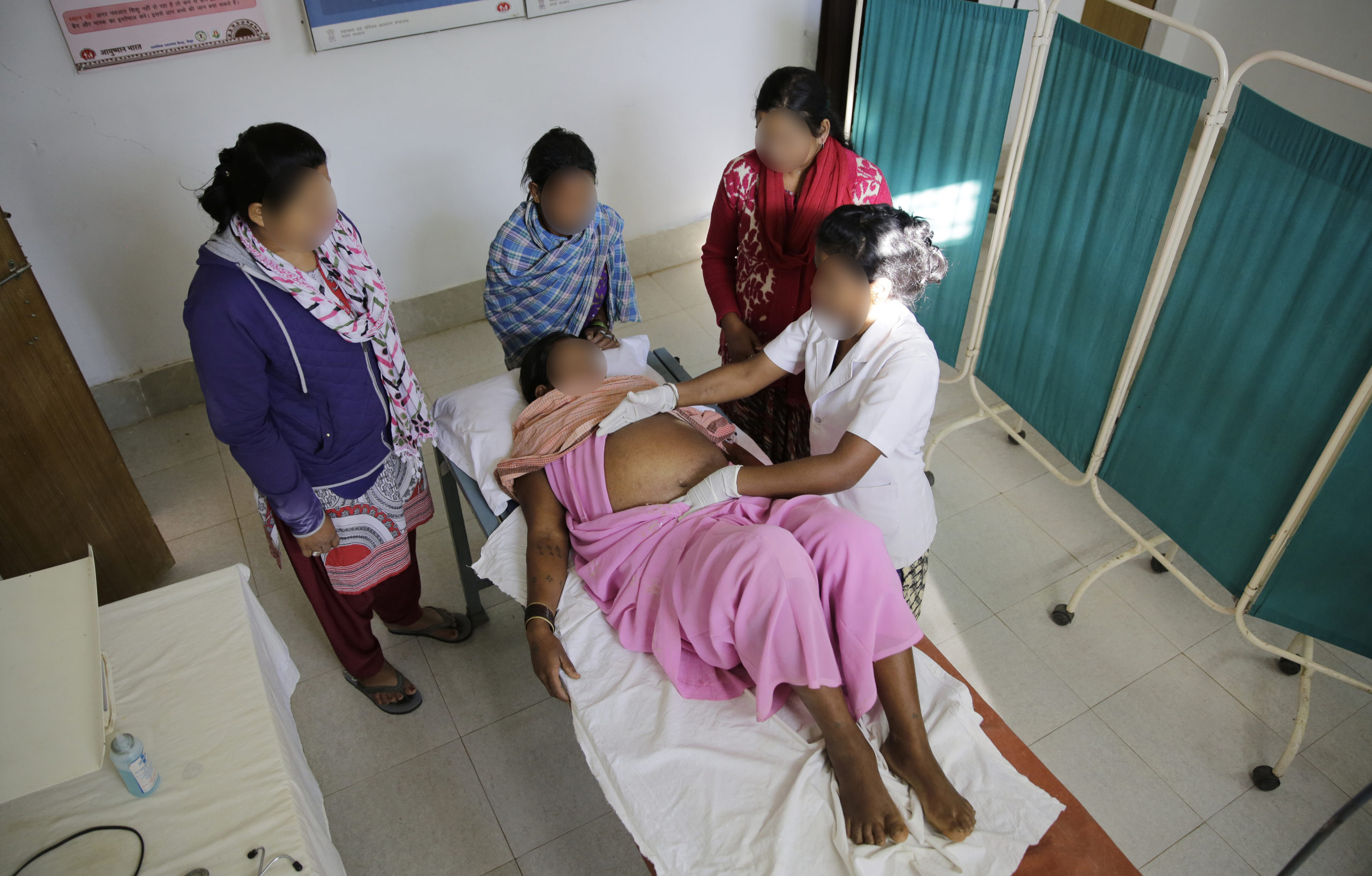
Burden of family planning on women
Indore-based Amulyanidhi, who is associated with the Jan Swasthya Abhiyan, a network of several organisations working in public health, said the IUCD issue must not be viewed in isolation. “Madhya Pradesh has poor implementation of PCPNDT [Pre-Conception and Pre-Natal Diagnostic Techniques Act, 1994] as well as right to safe abortion, and both these issues must be connected to family planning,” he said.
“Often, there is a conflict between male and female sterilisation targets. There is more focus on female sterilisation and the rate is very high in the state. The target for male sterilisation is ignored. During February-March, when the target completion time nears, often, force is used to get women to comply,” Amulyanidhi told Gaon Connection.
Even though the family planning target for Madhya Pradesh for 2020-2021 was hit by the COVID-19 pandemic, in Dindori, no-scalpel vasectomy achievement rate was a mere 2.23 per cent against tubal ligation achievement rate of 61 per cent. The state-wide figure from April 2020 to January 2021 stands at about 68 per cent.
Rajeev Shrivastava, deputy director, family welfare, Madhya Pradesh, said there is a difference “between initiative and target as far as family planning is concerned. I have not received any complaints at the state level regarding complications post insertion of Copper T without knowledge. However, if there is any specific complaint we can look into it”, he told Gaon Connection.

